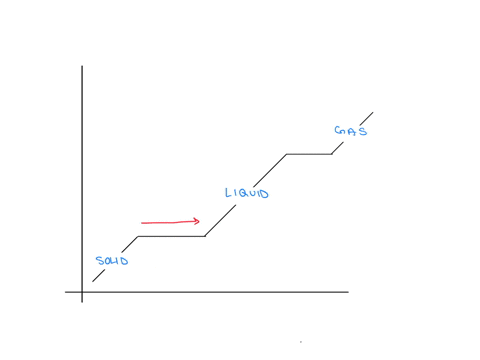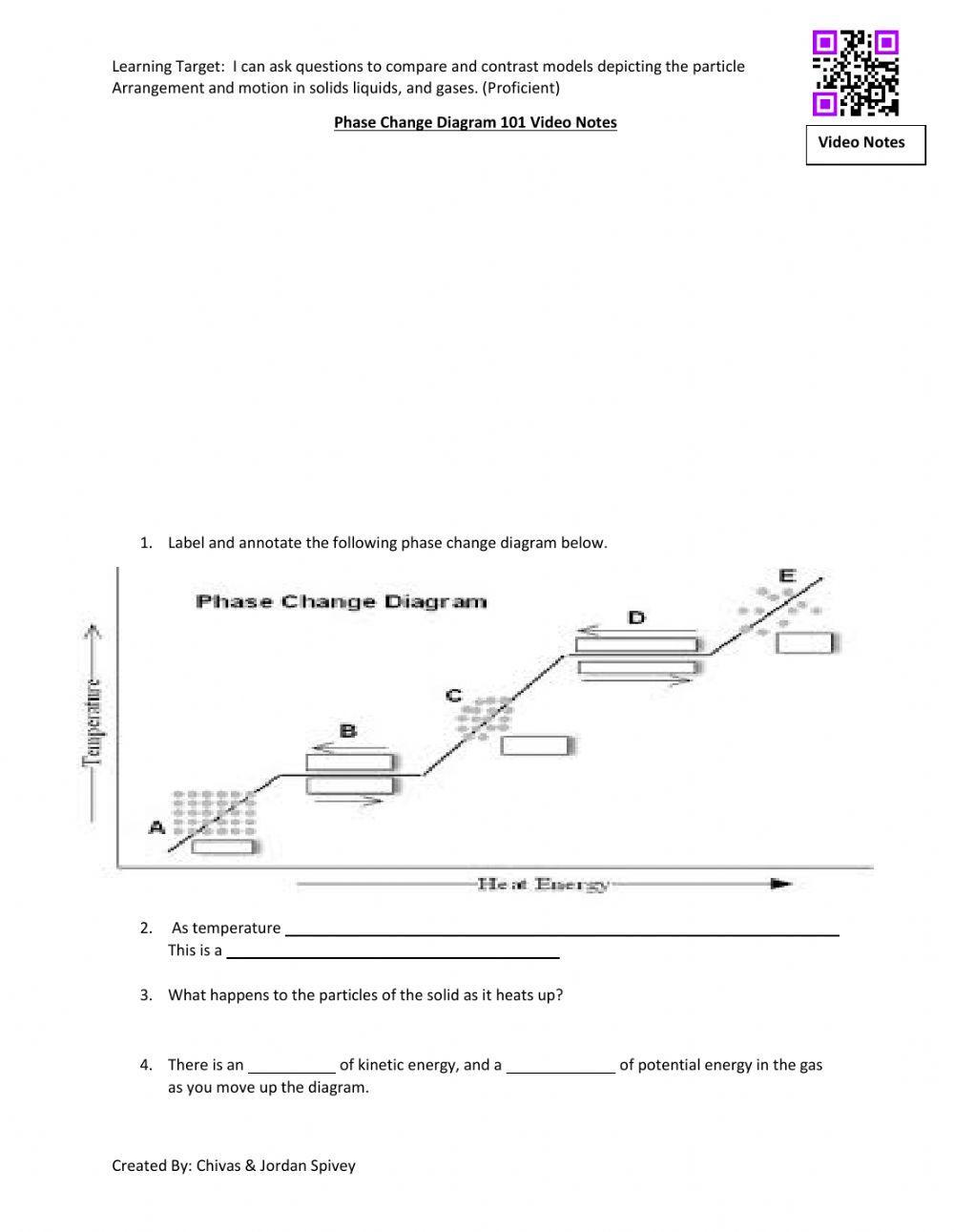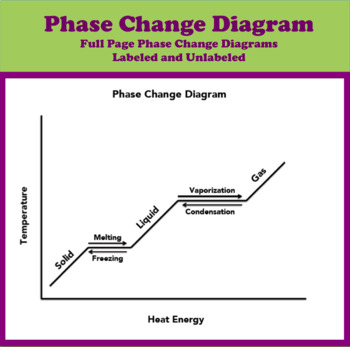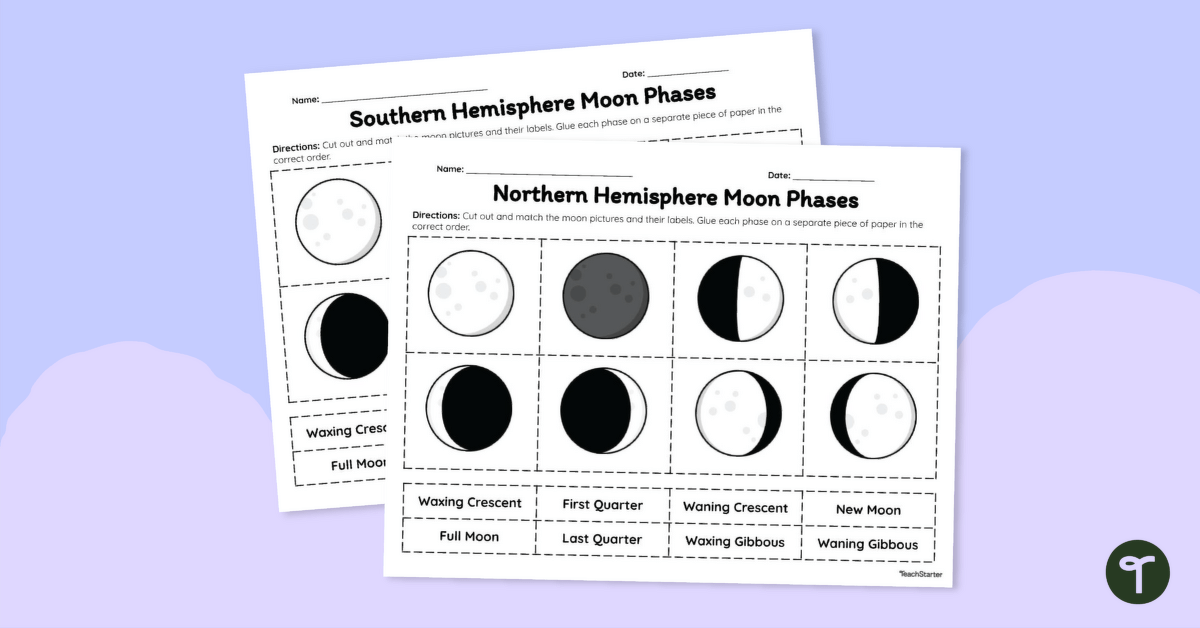the average kinetic energy of the atoms within a substance. As the temperature increases the. vibrations, or the speed of particles increases. Study with Quizlet and memorize flashcards containing terms like Phase Change Graph. Label A-B,, Phase Change graph Label B-C,, Phase Change Graph C-D, and more.
526 Phase Change Diagram Images, Stock Photos, 3D objects, & Vectors | Shutterstock
As we increase the temperature, the pressure of the water vapor increases, as described by the liquid-gas curve in the phase diagram for water ( Figure 10.31 ), and a two-phase equilibrium of liquid and gaseous phases remains. At a temperature of 374 °C, the vapor pressure has risen to 218 atm, and any further increase in temperature results

Source Image: aihr.com
Download Image
Yes! This is another great question. In the video here, Sal uses a horizontal line through the phase diagram. But, it doesn’t have to be horizontal. Imagine a vertical line through this diagram— for water, choose 100 degrees C. As long as you are at 100 C, you can change the phase by changing the pressure on the system.

Source Image: study.com
Download Image
Phase Change Diagrams Video Notes with Quiz worksheet | Live Worksheets Phases of Matter and Phase Diagrams. A phase diagram is a graphical representation of pressure and temperature of a material. Phase diagrams show the state of matter at a given pressure and temperature. They show the boundaries between phases and the processes that occur when the pressure and/or temperature is changed to cross these boundaries.

Source Image: numerade.com
Download Image
Label The Phase Changes Shown In The Diagram Below.
Phases of Matter and Phase Diagrams. A phase diagram is a graphical representation of pressure and temperature of a material. Phase diagrams show the state of matter at a given pressure and temperature. They show the boundaries between phases and the processes that occur when the pressure and/or temperature is changed to cross these boundaries. Step 1: Locate the triple point on the pressure vs. temperature phase diagram. This should look like the intersection of the letter Y . Step 2: Follow the upper left arm of the Y. This area of the
SOLVED: 5. Draw a phase change diagram (like the one below) labeling the temperatures at which the phase changes occur. Do not copy this diagram, create your own. On your diagram, indicate
Jan 30, 2023Phase diagram is a graphical representation of the physical states of a substance under different conditions of temperature and pressure. A typical phase diagram has pressure on the y-axis and temperature on the x-axis. As we cross the lines or curves on the phase diagram, a phase change occurs. In addition, two states of the substance coexist Learning Task 4: The diagram below shows the different phase changes from one stateto another. Label the – Brainly.ph

Source Image: brainly.ph
Download Image
PLz HELP A typical phase change diagram is shown below. What are the correct names of the numbered arrows? – brainly.com Jan 30, 2023Phase diagram is a graphical representation of the physical states of a substance under different conditions of temperature and pressure. A typical phase diagram has pressure on the y-axis and temperature on the x-axis. As we cross the lines or curves on the phase diagram, a phase change occurs. In addition, two states of the substance coexist

Source Image: brainly.com
Download Image
526 Phase Change Diagram Images, Stock Photos, 3D objects, & Vectors | Shutterstock the average kinetic energy of the atoms within a substance. As the temperature increases the. vibrations, or the speed of particles increases. Study with Quizlet and memorize flashcards containing terms like Phase Change Graph. Label A-B,, Phase Change graph Label B-C,, Phase Change Graph C-D, and more.

Source Image: shutterstock.com
Download Image
Phase Change Diagrams Video Notes with Quiz worksheet | Live Worksheets Yes! This is another great question. In the video here, Sal uses a horizontal line through the phase diagram. But, it doesn’t have to be horizontal. Imagine a vertical line through this diagram— for water, choose 100 degrees C. As long as you are at 100 C, you can change the phase by changing the pressure on the system.

Source Image: liveworksheets.com
Download Image
Phase Change Diagram by Soltis’s Science Shop | TPT Jul 12, 2023Example 12.4.1 12.4. 1: Water. Referring to the phase diagram of water in Figure 12.4.2 12.4. 2: predict the physical form of a sample of water at 400°C and 150 atm. describe the changes that occur as the sample in part (a) is slowly allowed to cool to −50°C at a constant pressure of 150 atm.

Source Image: teacherspayteachers.com
Download Image
Moon Phases – Cut and Paste Activity | Teach Starter Phases of Matter and Phase Diagrams. A phase diagram is a graphical representation of pressure and temperature of a material. Phase diagrams show the state of matter at a given pressure and temperature. They show the boundaries between phases and the processes that occur when the pressure and/or temperature is changed to cross these boundaries.

Source Image: teachstarter.com
Download Image
Phase change graph Diagram | Quizlet Step 1: Locate the triple point on the pressure vs. temperature phase diagram. This should look like the intersection of the letter Y . Step 2: Follow the upper left arm of the Y. This area of the

Source Image: quizlet.com
Download Image
PLz HELP A typical phase change diagram is shown below. What are the correct names of the numbered arrows? – brainly.com
Phase change graph Diagram | Quizlet As we increase the temperature, the pressure of the water vapor increases, as described by the liquid-gas curve in the phase diagram for water ( Figure 10.31 ), and a two-phase equilibrium of liquid and gaseous phases remains. At a temperature of 374 °C, the vapor pressure has risen to 218 atm, and any further increase in temperature results
Phase Change Diagrams Video Notes with Quiz worksheet | Live Worksheets Moon Phases – Cut and Paste Activity | Teach Starter Jul 12, 2023Example 12.4.1 12.4. 1: Water. Referring to the phase diagram of water in Figure 12.4.2 12.4. 2: predict the physical form of a sample of water at 400°C and 150 atm. describe the changes that occur as the sample in part (a) is slowly allowed to cool to −50°C at a constant pressure of 150 atm.